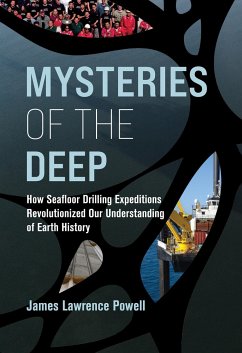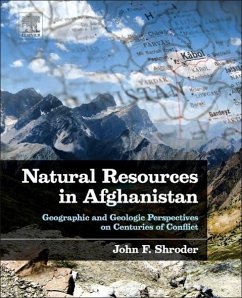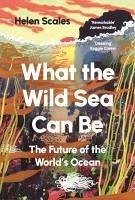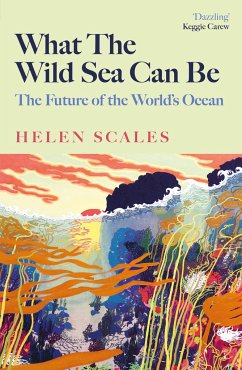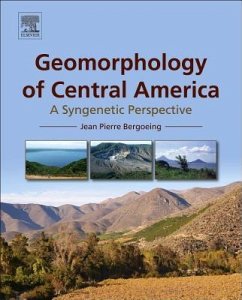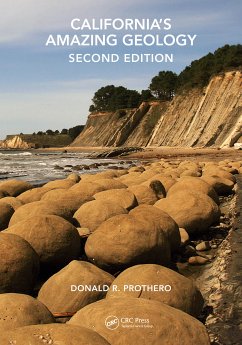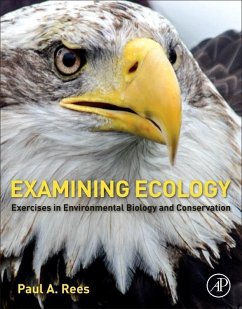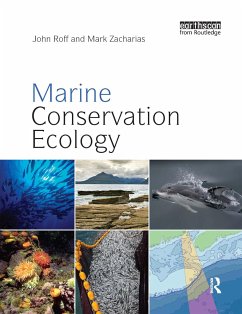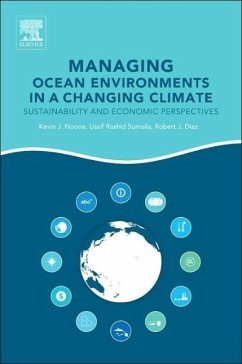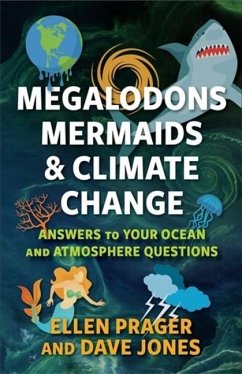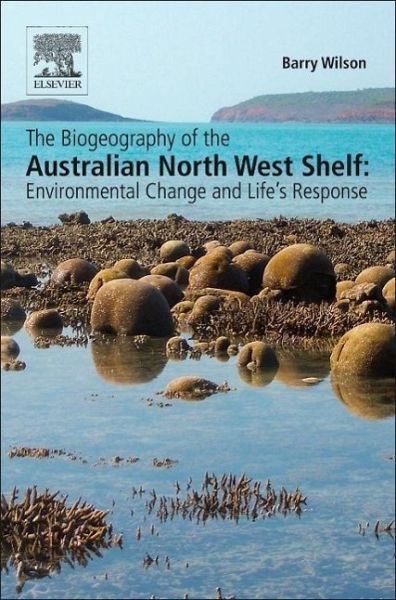
The Biogeography of the Australian North West Shelf
Environmental Change and Life's Response

PAYBACK Punkte
51 °P sammeln!
The Biogeography of the Australian North West Shelf provides the first assembly of existing information of the North West Shelf in terms of geological, oceanographic and climatological history and current understanding of such issues as biodiversity, connectivity, larval dispersal and speciation in the sea that determine the distribution patterns of its invertebrate fauna. It is intended as a source of information and ideas on the biota of the shelf and its evolutionary origins and affinities and the environmental drivers of species' ecology and distribution and ecosystem function.Regulators a...
The Biogeography of the Australian North West Shelf provides the first assembly of existing information of the North West Shelf in terms of geological, oceanographic and climatological history and current understanding of such issues as biodiversity, connectivity, larval dispersal and speciation in the sea that determine the distribution patterns of its invertebrate fauna. It is intended as a source of information and ideas on the biota of the shelf and its evolutionary origins and affinities and the environmental drivers of species' ecology and distribution and ecosystem function.
Regulators and industry environmental managers worldwide, but especially on the resource-rich North West Shelf, are faced with having to make decisions without adequate information or understanding of conservation values or the factors that drive ecosystem processes and resilience in the face of increasing anthropogenic and natural change. This book will provide a resource of information and ideas and extensive references to issues of primary concern. It will provide a big-picture narrative, putting the marine biota into a geological, evolutionary, and regional biodiversity context.
Regulators and industry environmental managers worldwide, but especially on the resource-rich North West Shelf, are faced with having to make decisions without adequate information or understanding of conservation values or the factors that drive ecosystem processes and resilience in the face of increasing anthropogenic and natural change. This book will provide a resource of information and ideas and extensive references to issues of primary concern. It will provide a big-picture narrative, putting the marine biota into a geological, evolutionary, and regional biodiversity context.




